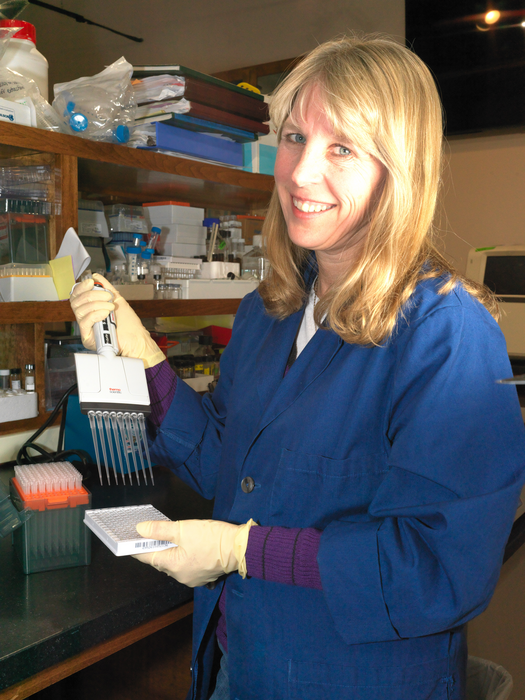(Jackson, Wyoming—August 31, 2022) – Patients with ALS, one of the most serious neurological diseases known, have been hampered by the time it takes to receive an accurate diagnosis. The period between the onset of symptoms and diagnosis averages over a year, precious time for a disease in which most patients die between 2-5 years from diagnosis. Researchers estimate that an inaccurate diagnosis occurs in 13-68% of cases.

Credit: Paul Alan Cox
(Jackson, Wyoming—August 31, 2022) – Patients with ALS, one of the most serious neurological diseases known, have been hampered by the time it takes to receive an accurate diagnosis. The period between the onset of symptoms and diagnosis averages over a year, precious time for a disease in which most patients die between 2-5 years from diagnosis. Researchers estimate that an inaccurate diagnosis occurs in 13-68% of cases.
A blood test for ALS based on microRNA—short segments of genetic material—found in particles called extracellular vesicles was developed in 2020 by scientists at the Brain Chemistry Labs. However, the precise protocols for shipping and storage of blood samples, which were maintained at -80°C, meant that many offices of doctors and neurologists would be unable to utilize the new test.
Today in an article appearing in the Journal of the Neurological Sciences, researchers from the Brain Chemistry Labs, Dartmouth Department of Neurology, and the Centers for Disease Control, reported that they were able to replicate the original test with blood samples that were not collected and maintained under such stringent requirements.
Comparing blinded blood samples from 50 ALS patients from the U.S. National ALS Biorepository to 50 control participants, the genetic fingerprint of five microRNA sequences accurately discriminated between people with ALS and healthy individuals.
“We were surprised that the microRNA test worked for samples collected from a variety of investigators under differing conditions,” said first author Dr. Sandra Banack.
Her colleagues Drs. Rachael Dunlop and Paul Cox concurred. “We expected samples would need to be stringently collected and stored,” said Dunlop. “Apparently, the extracellular vesicles shed into the blood protect their genetic cargo against differing environmental conditions,” Cox said.
Verification of the new blood test is occurring at the Brain Chemistry Labs in Jackson Hole, which has applied for a patent on the test. They hope to find a diagnostic firm that can develop the test commercially for neurologists and physicians through the world.
Journal
Journal of the Neurological Sciences
DOI
10.1016/j.jns.2022.120396
Method of Research
Experimental study
Subject of Research
Human tissue samples
Article Title
miRNA extracted from extracellular vesicles is a robust biomarker of Amyotrophic Lateral Sclerosis
Article Publication Date
31-Aug-2022
COI Statement
The Brain Chemistry Labs has applied for a patent on the ALS blood diagnostic test.




